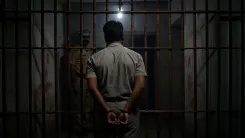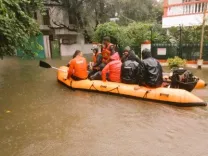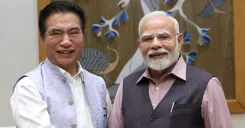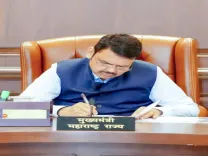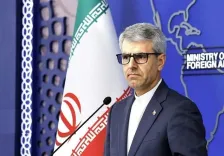How Will Gujarat Integrate 127 Sardar Sarovar Resettlement Colonies with Native Villages?
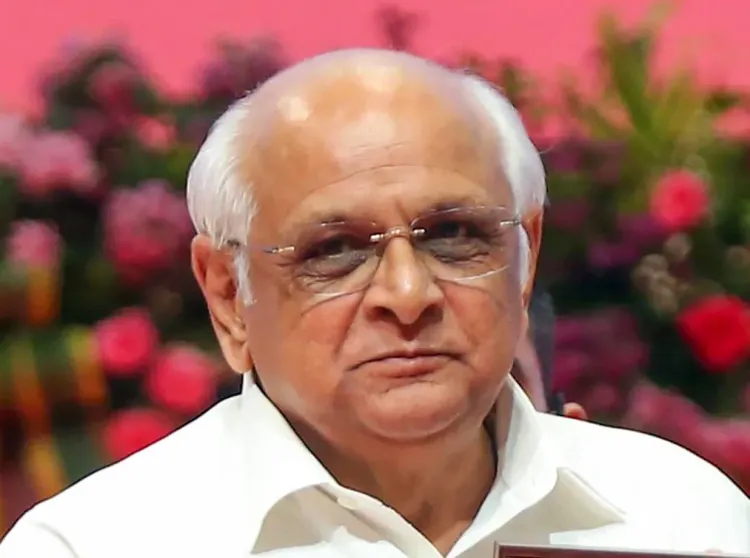
Synopsis
Key Takeaways
- Integration of 127 colonies: Merging with local gram panchayats.
- Improved services: Enhanced civic services including water and electricity.
- Empowerment: Residents gain access to government schemes.
- Maintenance responsibilities: Gram panchayats will oversee repairs and upkeep.
- Future expansions: Rules will apply to future colony integrations.
Ahmedabad, July 14 (NationPress) The government of Gujarat has completed the framework for merging and transferring resettlement colonies administered by the Sardar Sarovar Rehabilitation Agency back to their ancestral villages.
Chief Minister Bhupendra Patel has sanctioned the operational guidelines that will officially place 127 Narmada resettlement colonies under the oversight of local gram panchayats.
This initiative will positively impact villages across eight districts and 26 talukas, including Ahmedabad (rural), Vadodara, Bharuch, Kheda, Panchmahal, Narmada, Chhota Udepur, and Mahisagar. Following the integration, the gram panchayats will manage essential civic services in these colonies, which encompass drinking water supply, road infrastructure, street lighting, electricity billing, drainage systems, and various public utilities.
The state’s Department of Panchayat, Rural Housing, and Rural Development, which devised the methodology, indicated that gram panchayats will also be responsible for the maintenance and repair of these facilities in the future. The transition process is projected to be finalized within the next two months.
As a result, residents in the colonies will have direct access to government initiatives offered through their local panchayats, enabling them to become fully engaged civic members, thereby enhancing their quality of life and access to vital services.
Significantly, even though the integration will assign civic duties to the panchayats, the ownership of unallocated land within the colonies will remain with the Sardar Sarovar Rehabilitation Agency.
Moreover, all documentation pertaining to the colonies is to be transferred to the respective gram panchayats. The agency will also delegate the administration of schools, health centers, and anganwadis to relevant government departments. Community areas and unutilized plots can now be repurposed by panchayats for the enhancement of public facilities.
Additionally, the gram panchayats will handle property assessments and local tax collections according to the Gujarat Panchayat Act, 1993.
After the transfer, panchayats will also be tasked with addressing any grievances concerning civic services within the colonies. The state government has made it clear that these regulations will extend to any remaining Sardar Sarovar resettlement colonies that get merged into adjacent gram panchayats in the future.
A formal resolution regarding this policy has been issued by the Department of Panchayat, Rural Housing, and Rural Development under the leadership of Chief Minister Bhupendra Patel.

